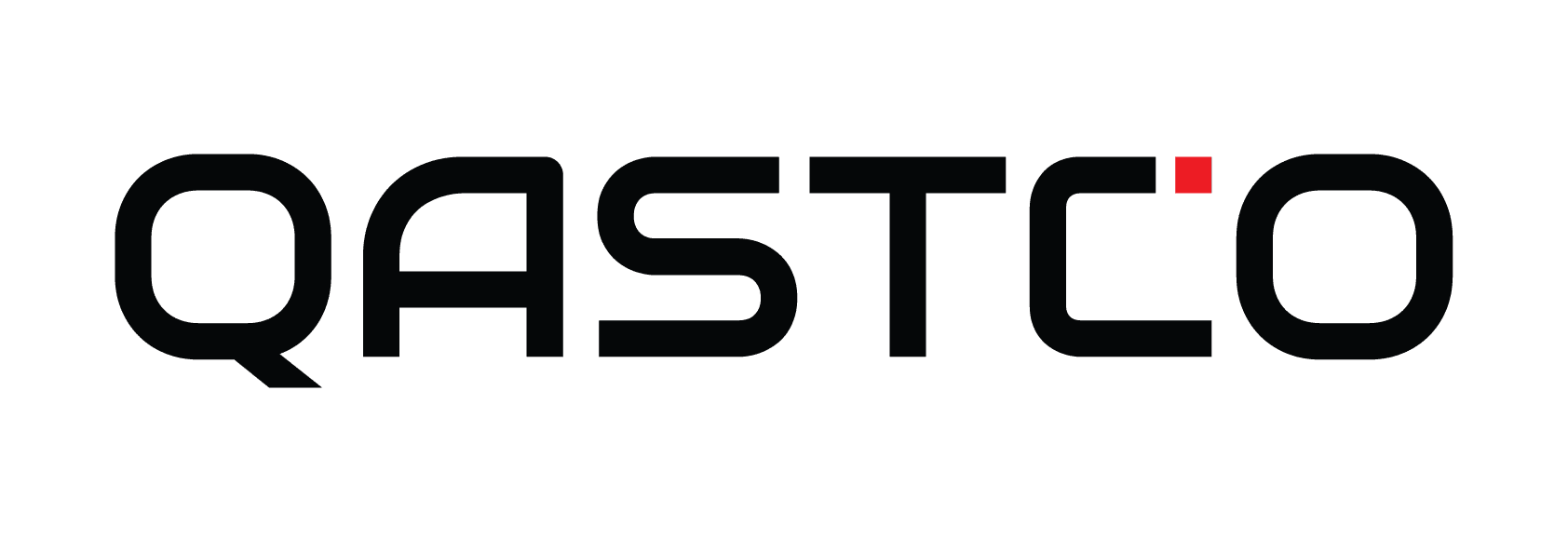For SEO, social media advertising and content marketing on a website, continuously evaluating the SEO score is essential. Because it will provide great insights for keywords that need to be improved. There are many SEO checker tools which are available for this purpose. Businesses can use any of these SEO checker tools to evaluate their website overall performance.
Book a free consultation with Qastco today to discover what your SEO score is, what it means, and how to improve it.
What Is My SEO Score? What Factor Effect It?
Well, many SEO checker tools are available to check SEO scores. If it ranges between 100 to 70 it is considered excellent score. If the score is 70 to 40 then it’s is okay. If the SEO score is between 0 to 40 the score is poor and the business need significant efforts for improvement.
The higher the SEO score, it means the website is SEO optimized. Neil Patel, SEMrush, WebFx, and other SEO checker tools are available. Businesses can hire digital marketing services for this purpose too. There are a lot of factors that affect the SEO score. We are going to discuss these factors in the following paragraphs.
Factors Affecting the SEO Score

As mentioned earlier many factors can affect the website’s EO score. Here are some of the common and important factors that businesses should take into consideration to improve their SEO score.
Website Page Speed
Page speed is an important factor. Most people are likely to abandon the website or page if it doesn’t load in 3 seconds. Businesses need to improve their page and website loading speed to score higher on SEO.
Improving page speeds enhances the authority and visibility of the website, ultimately boosting the SEO score.
Meta Description, Headings, and Titles
Google uses title tags, headings, and meta descriptions to crawl, and rank the website for keyword relevance. Title tags inform Google about pages’ content, playing crucial role in SERP searches and results.
A meta description is about the mini description under the titles, which appear in SERP search results. Headings are about the organization of content on the website. Improving all these improves the SEO score of a website.
Images Optimization
Besides the content in the blog that is being published on the website, the images and graphics in the content should be optimized. Optimised images play important role in improving websites SEO score.
Businesses should optimise images and their descriptions using the relevant keywords. This will improve the image and keyword search ultimately improving the SEO score of a website.
Site Security
If the site is not secure, it will struggle to rank and also user will abandon it soon due to security concerns. To make it secure businesses have to have valid SSL certificates and URLs with HTTPS pages. Businesses should not use plain text email addresses as well. This will improve the site security and increase the site visitors and traffic.
Page Indexing
Businesses need to index the pages on the website. This indexing of pages makes it possible for Google to crawl on pages and allow them to appear for search results. Businesses need to remove ‘robots.txt’ files, that block the crawling, and create XL site maps in the Google search console to improve SEO scores.
Mobile Friendliness
A website should be mobile friendly as Google prioritise mobile-first indexing. Businesses need to have a responsive design, mobile viewport, and Tap targets with proper space for all devices. A mobile-friendly website improves readability and contributes to higher SEO scores.
Pages Linking
Internal and external linking of content on the website is important to rank higher on SEO scores. It improves the authority of the website, which makes it appear higher for Google search results. Businesses can use SEO checker tools to evaluate internal & external linking and optimise their backlink strategy accordingly.
Optimization of URL
URL acts as a navigation tool, directing visitors to relevant content on website. Once visitors are right on the keyword-based content, they will have a high SEO score. Businesses need to use hyphens to separate keywords in URLs, choose reputable top-level domains, and include primary keywords in the URL to optimise SEO.
Quality Content
To have a high SEO score for a website, businesses need to have quality content. The content should be of adequate length, covering all the essential topics, be well-formatted, and maintain optimal keyword density. SEO checker tools can be used to evaluate the content and solve problems like keyword stuffing, formatting, etc.

In a nutshell, the SEO score quantifies how well content aligns with the keywords users are searching for. A lot of factors that can be considered and improved to have a high SEO score, so businesses should use SEO checker tools to diagnose and address SEO issues properly or consult any digital marketing agency.


Leave a Reply
You must be logged in to post a comment.